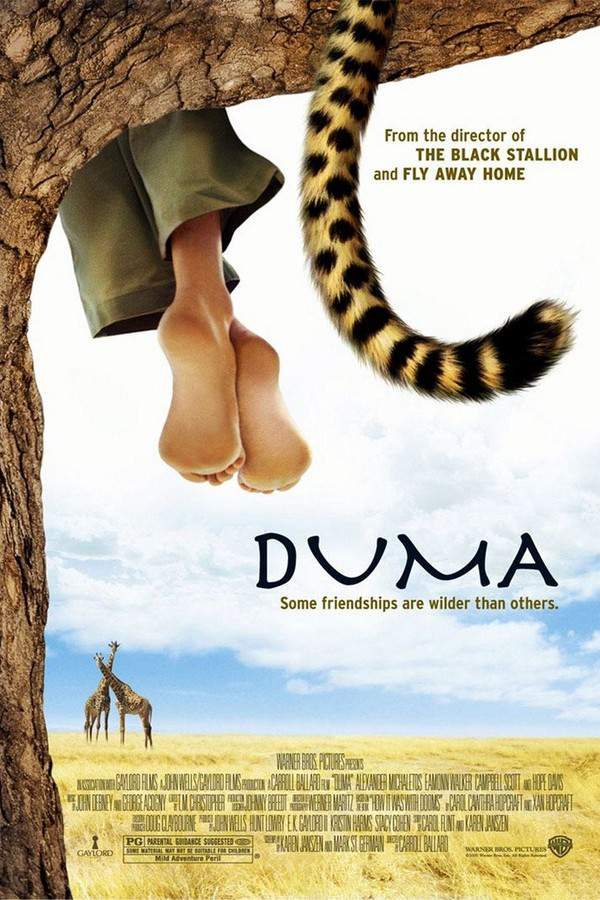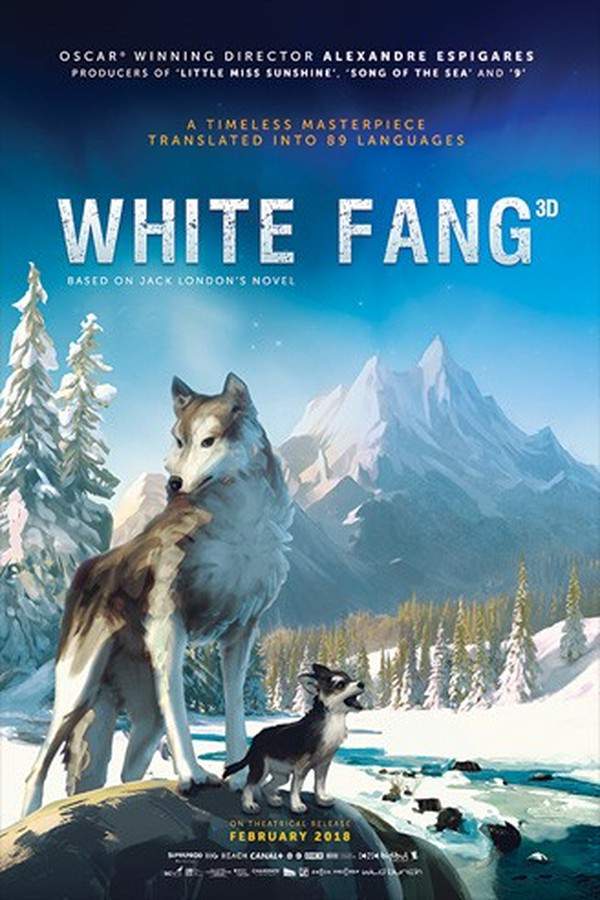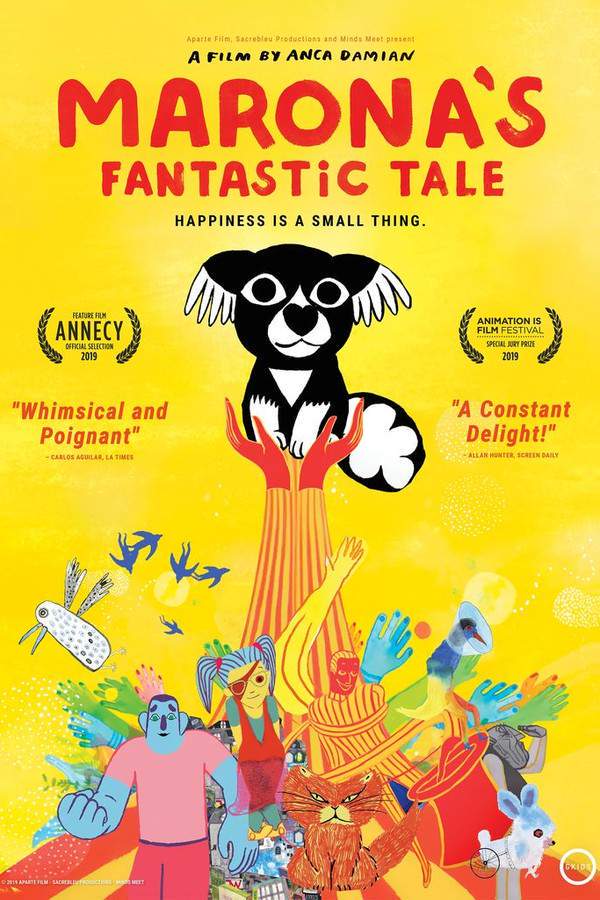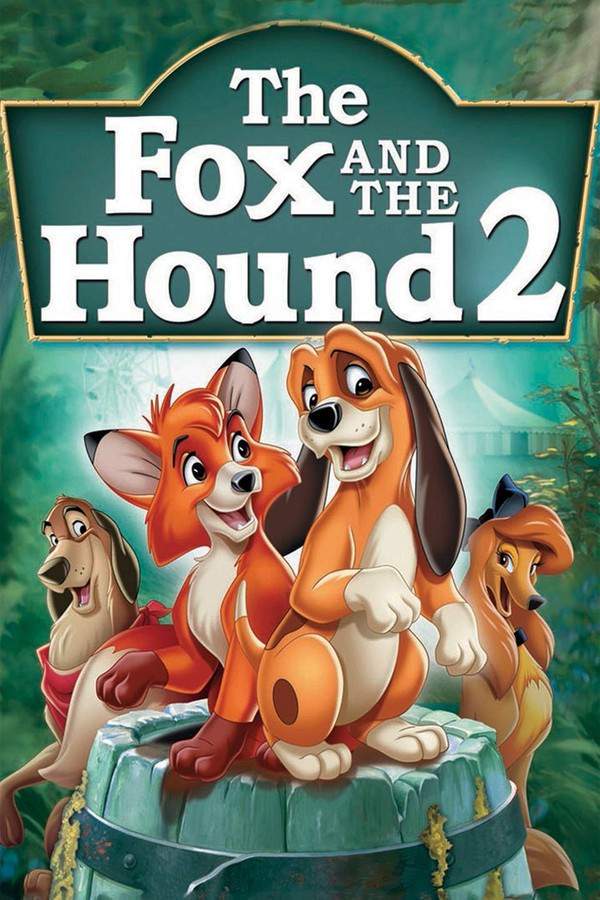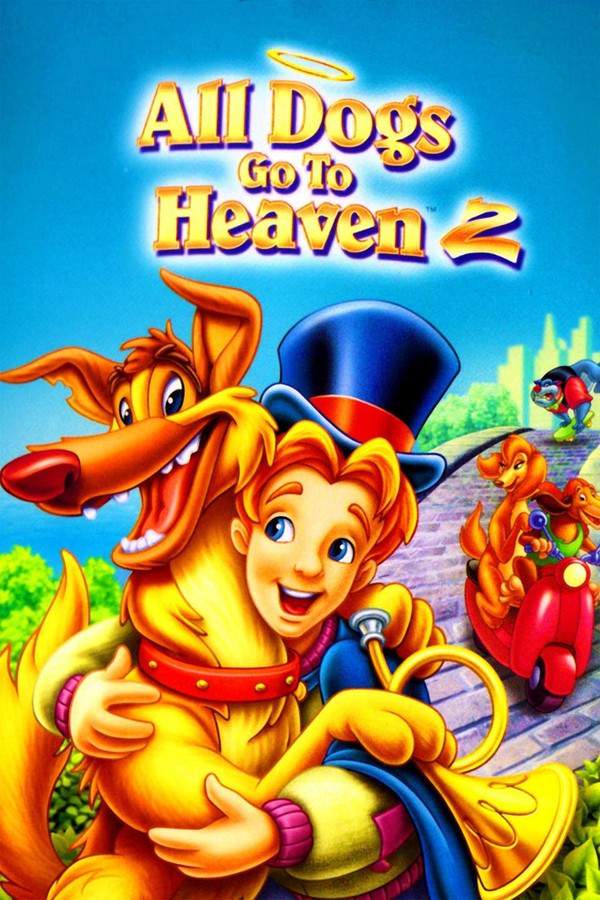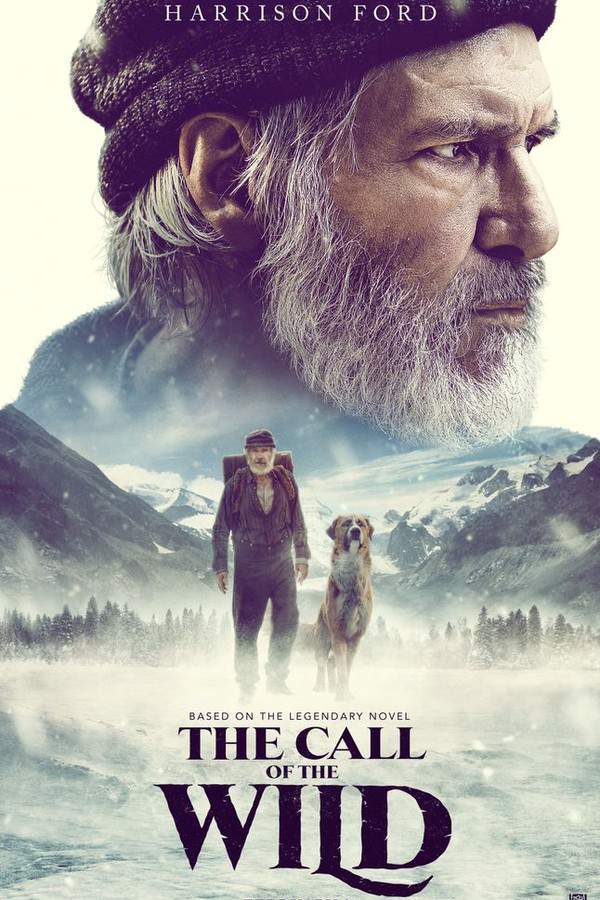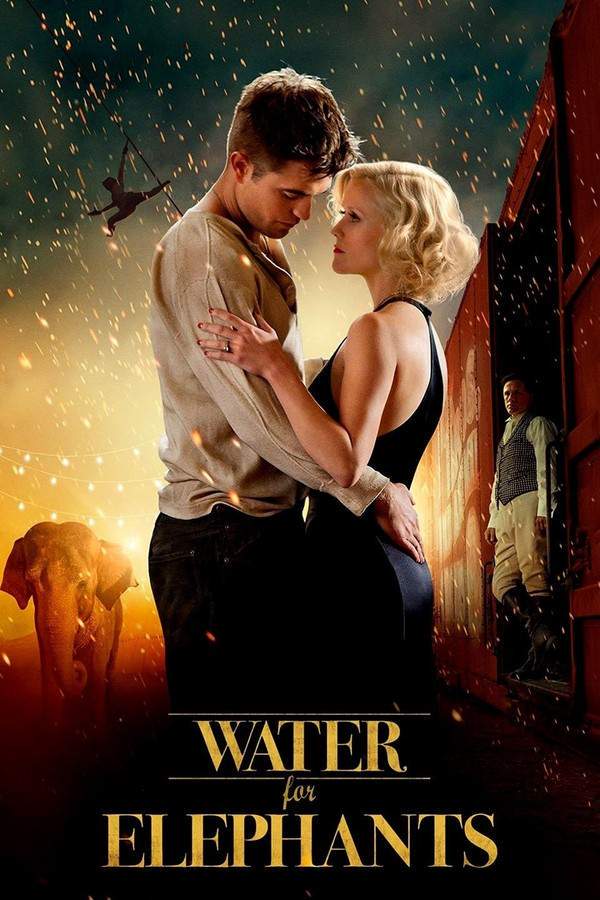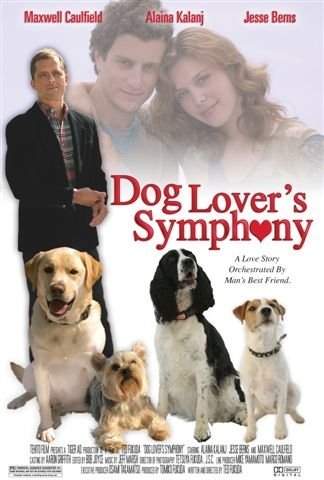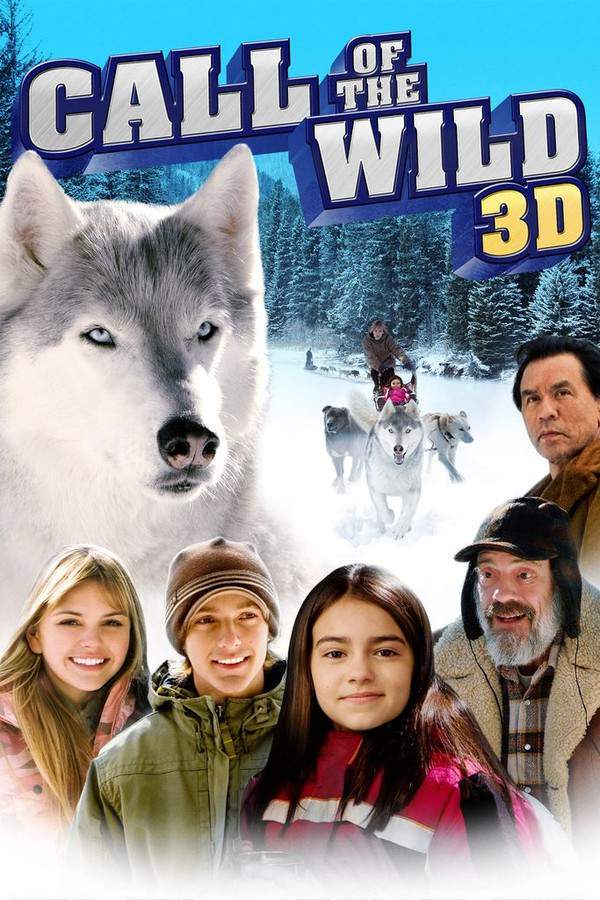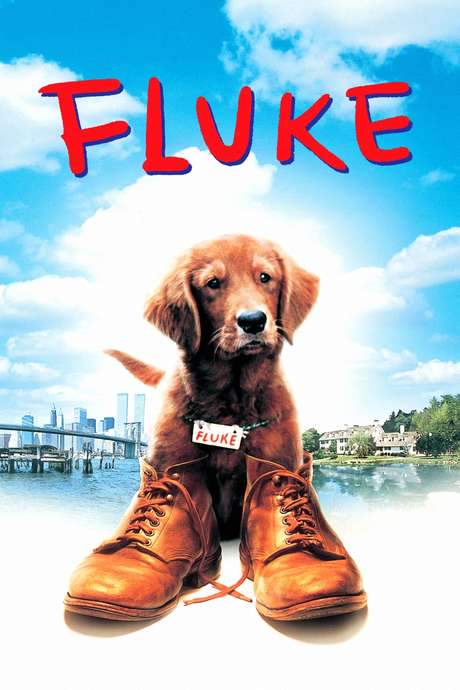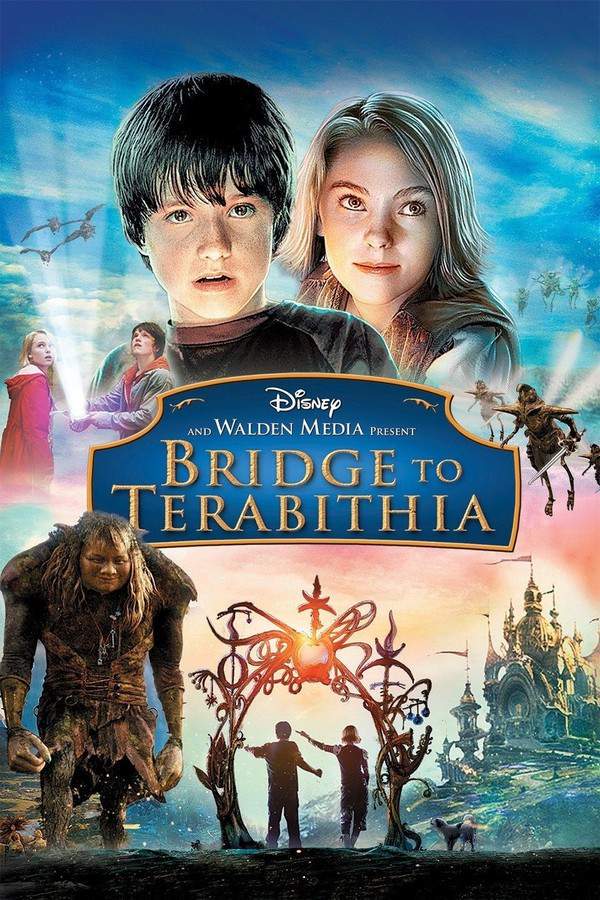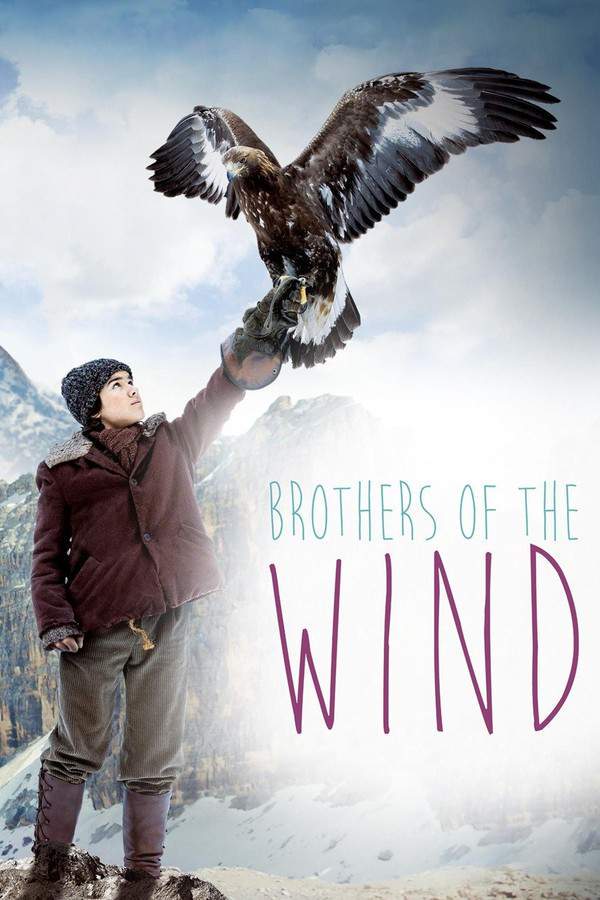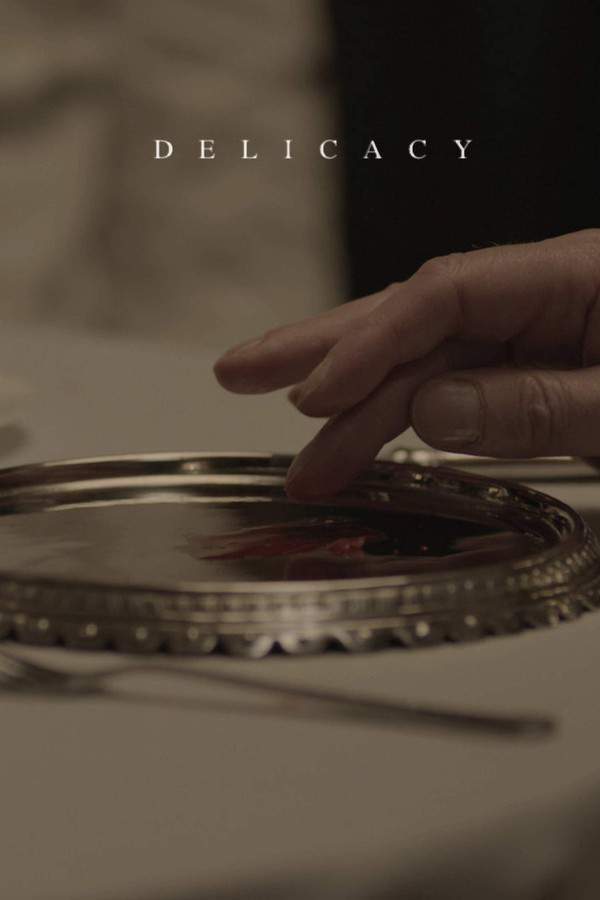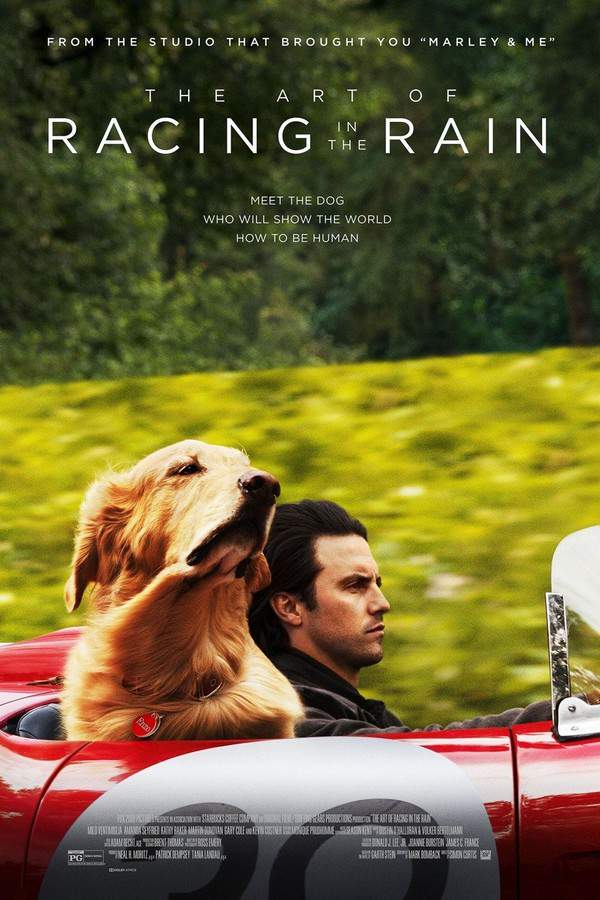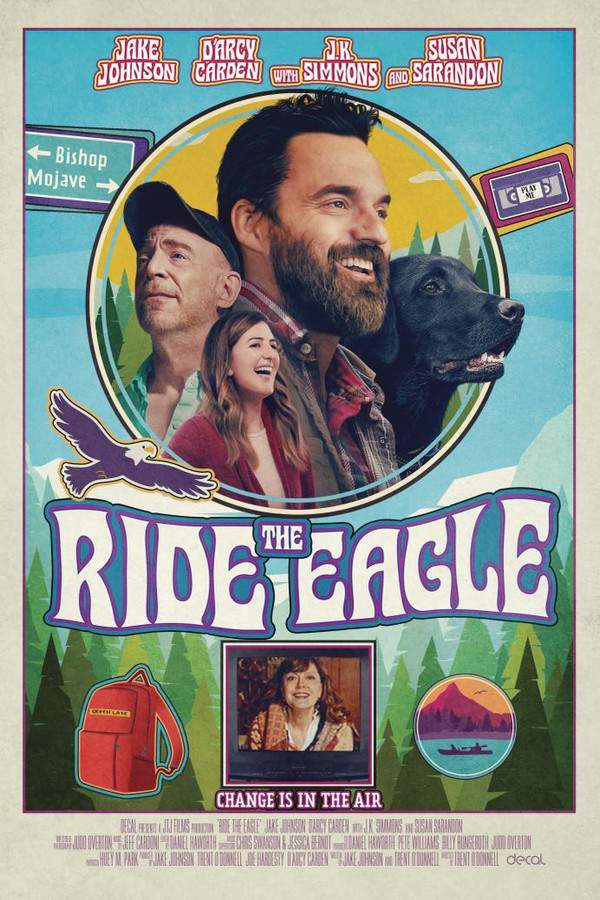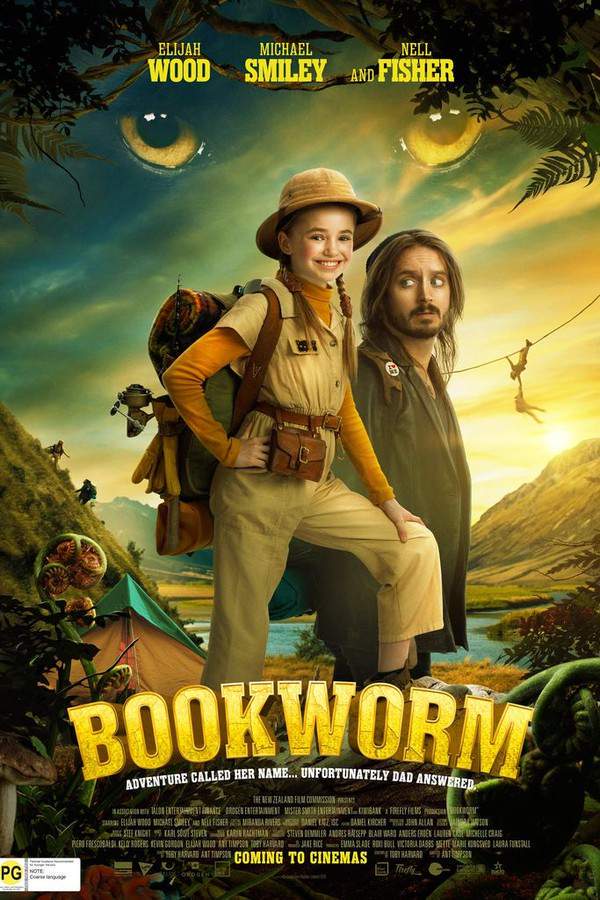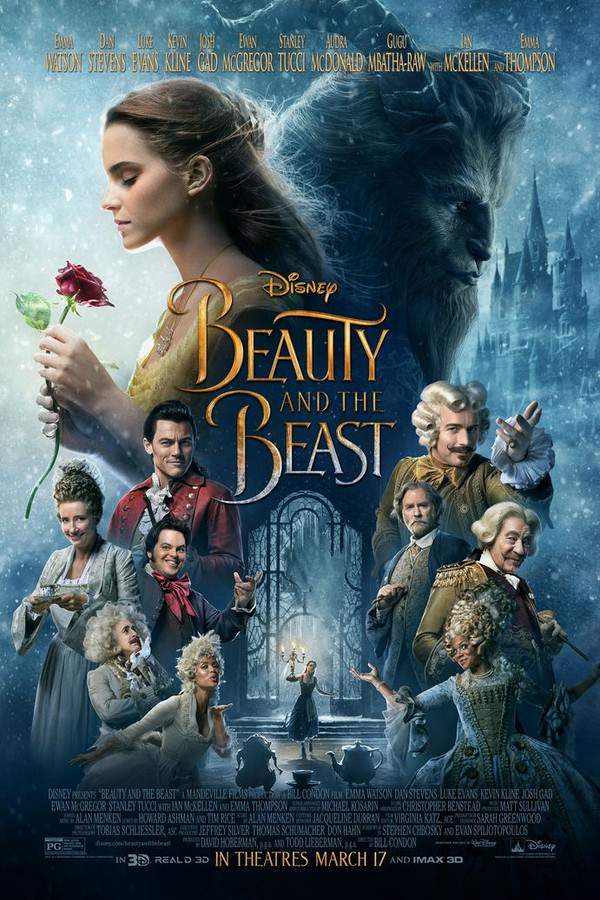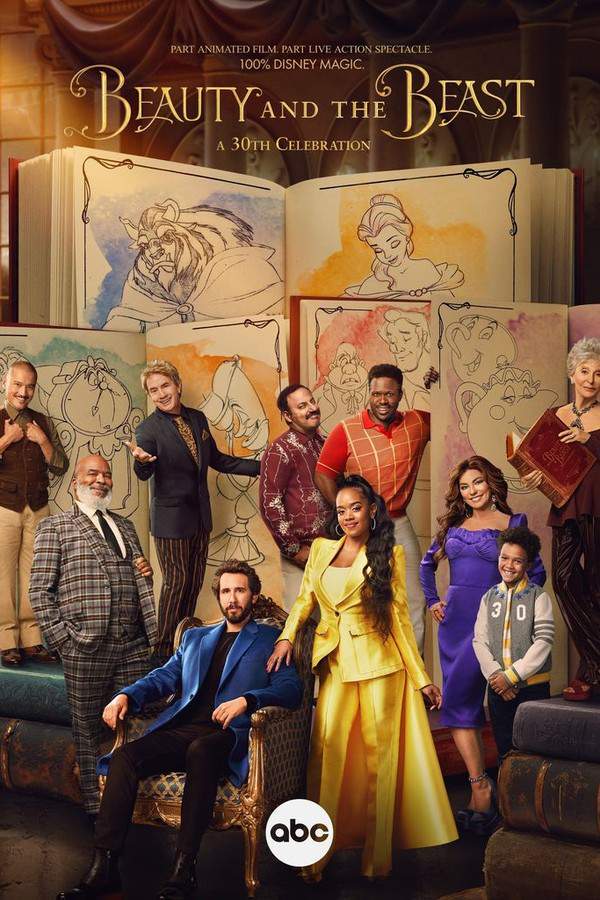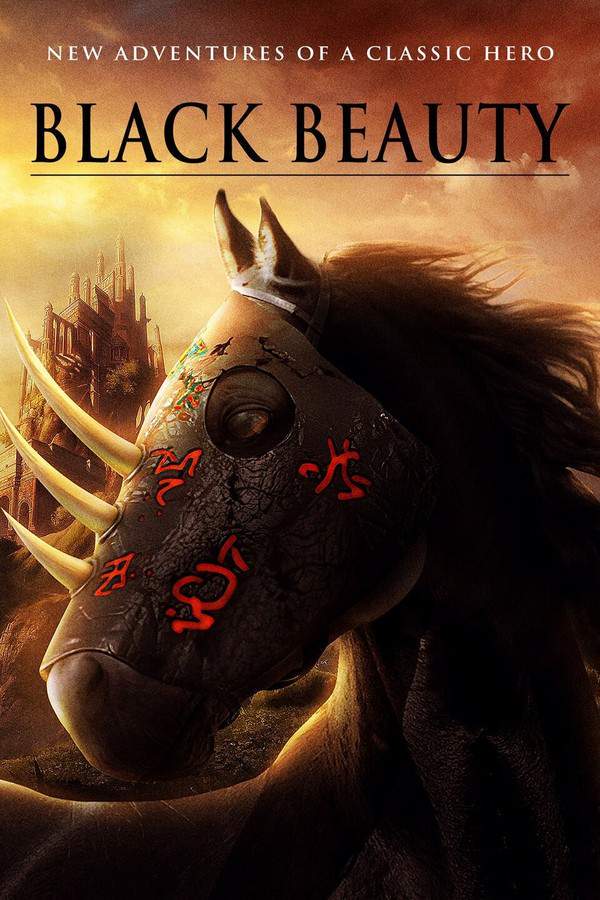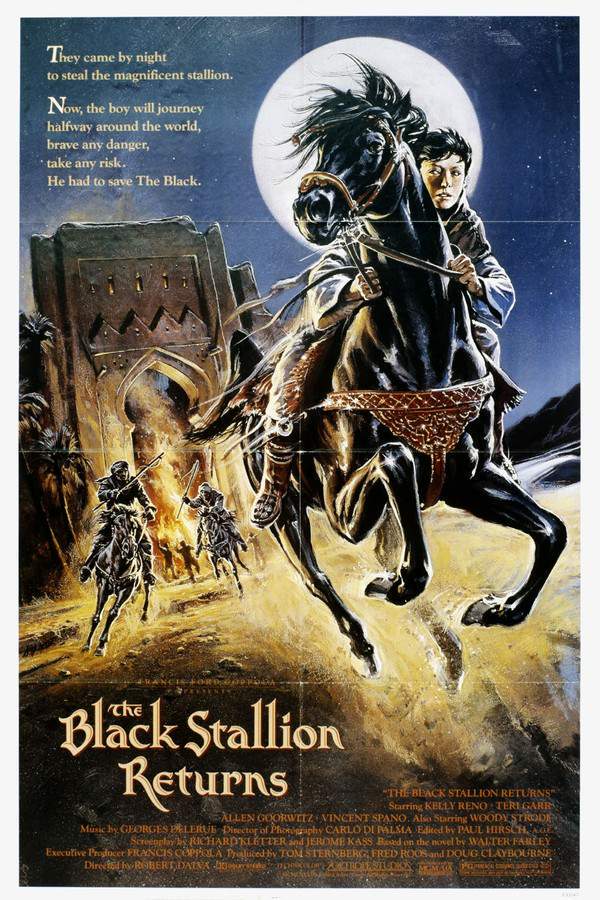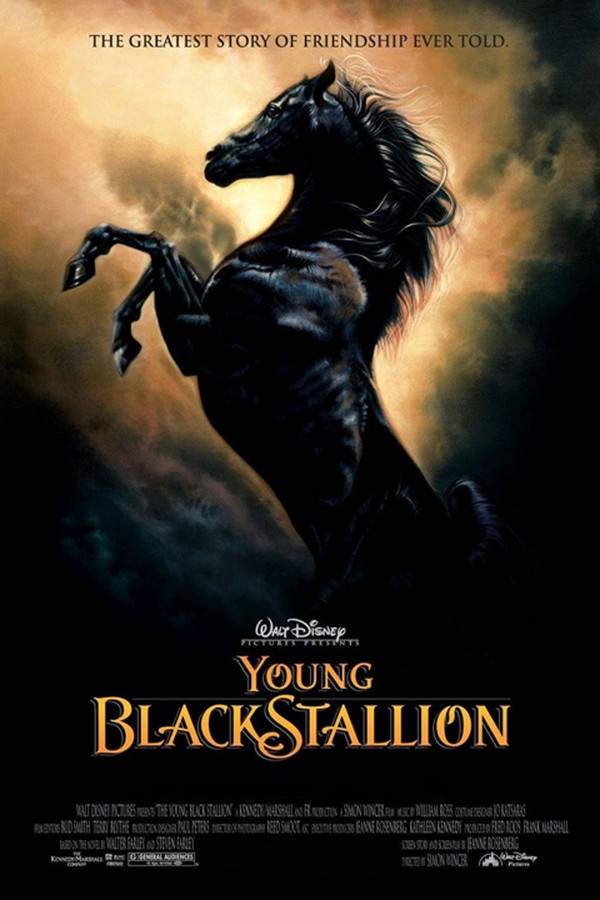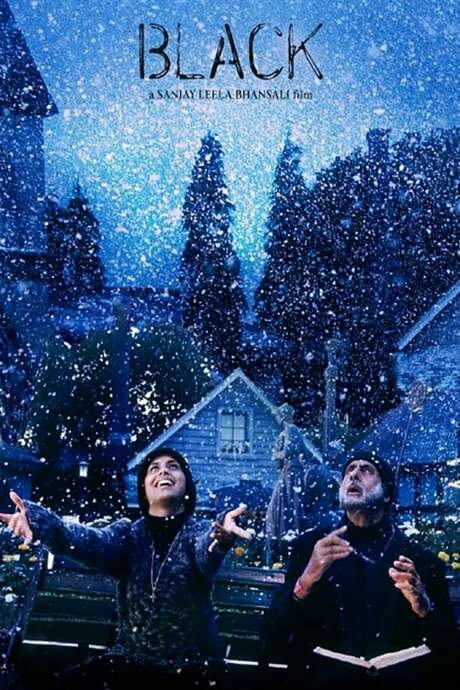
Black Beauty
Year: 1994
Runtime: 88 mins
Language: English
Director: Caroline Thompson
Through Black Beauty’s own narration, the story traces his journey from carefree beginnings to the trials he faces under different owners, revealing the varied fates of the horses and the people who love or dominate them. It celebrates an enduring friendship and the timeless bond between humans and horses.
Warning: spoilers below!
Haven’t seen Black Beauty yet? This summary contains major spoilers. Bookmark the page, watch the movie, and come back for the full breakdown. If you're ready, scroll on and relive the story!
Black Beauty (1994) – Full Plot Summary & Ending Explained
Read the complete plot breakdown of Black Beauty (1994), including all key story events, major twists, and the ending explained in detail. Discover what really happened—and what it all means.
Black Beauty, voiced by Alan Cumming, narrates his own life from a foal on a sheltered farm in the English countryside to a working horse navigating the bustling streets of London. Born beside his mother in a world where horses are for work and practicality, he grows up under the care of a kind mother and a close-knit stable community, learning the rhythms of the farm and the weathered language of humans who rely on them for transport and dignity. When the time comes for Beauty to leave the sanctuary of the paddock, he is sent to Birtwick Park to serve Squire Gordon, Peter Davison, and his family, beginning a long arc of loyalty, resilience, and the quiet cost of human choices.
At Birtwick, Beauty meets a cast of people and horses who shape his sense of worth and vulnerability. The squire’s wife, Lady Gordon, whose illness casts a pale shadow over the household, is touched by the beauty and calm presence of the horses, and Beauty earns his name under her quiet care. In this world, Ginger—a fiery, proud chestnut mare—catches Beauty’s attention with a fierce spirit that mirrors the uncertainties of living under someone else’s control, while Merrylegs, a cheerful grey pony, becomes a reliable companion for the squire’s young daughters, Jessica and Molly, providing a gentle bridge between children and animals. These early bonds underscore a fundamental truth Beauty clings to: companionship can soften hardship, even when life remains precarious.
A stormy night becomes a pivotal test of courage and trust. While pulling a carriage taking the squire and his caretaker, John Manly, home from town, Beauty senses danger and refuses to cross a partially flooded bridge. When John urges him forward, Beauty holds firm, and the bridge gives way, plunging toward the river. John slips but clings to Beauty’s bridle, and together they survive the treacherous bend of water and wood. This moment marks the bond between horse and human—the moment when a horse’s instinct and a human’s steady hand keep a life intact. Afterwards, Joe Green, a stable hand who watches over Beauty, volunteers to care for him, though his lack of experience leads to mistakes—giving ice-cold water, neglecting to dry him, and leaving him uncovered—mistakes that take a toll on Beauty’s health. Yet the human caretakers rally: John, Joe, and the squire nurse Beauty back to strength, a testament to patient care and the horse’s resilience.
As Lady Gordon’s illness deepens, a doctor’s advice pushes the family to seek warmer climates, and they bid a sorrowful farewell to the horses who have become their steadfast companions. Merrylegs is given to a local vicar, ensuring one last measure of safety for a beloved companion, even as the rest depart for different futures. Beauty and Ginger travel to Earlshall Park, home to the Lords and Ladies of Wexmire, where Joe tearfully says goodbye. At Earlshall, the two horses pull Lady Wexmire’s carriage, but Ginger’s spirited nature clashes with the heavy bearing reins demanded by the new regime of control, illustrating how human constraints can clash with a horse’s natural instincts. The introduction of a new authority over their heads—bearing reins that force Beauty to lift his head higher—erupts in Ginger’s breakout, a moment of defiance that foreshadows the cruelty that can accompany status and spectacle.
Beauty’s road grows thorny as Reuben Smith, the horses’ caretaker, takes Beauty to town and then to a repainting run. A drunken misstep—backed by the poor judgment of the rider—leads to a jarring fall; Beauty loses a shoe and suffers injuries that mark the end of a period of relative safety. Reuben is dismissed, and Beauty’s circumstances deteriorate as he is sold to a harsh proprietor who keeps horses for hire. The new owner’s cruelty—paired with a harsh regimen—drains Beauty’s strength, and the horse is eventually put up for sale at a fair. In this bleak moment, Beauty’s life changes again when he locks eyes with Jerry Barker, a London taxi carriage driver played by [David Thewlis], who skillfully bargains to purchase Beauty for 17 guineas. This moment signals a new kind of companionship—the warmth of a family that learns to live with a horse in a crowded city.
With Jerry, Beauty finds a home of shared routine and steady, humane care. He joins a busy household, becoming a beloved member of a family with a wife and two young children who name him Black Jack, forging a name that will outlive him in memory. Beauty’s life in London, however, is not without its own shadows. He encounters Ginger once more, now a cab horse who has endured years of abuse at her owner’s hands, and Beauty’s plea to her not to give up is met with heartbreak when she is ultimately lost to the harsh world of working horses—her dead body later seen on a wagon, a stark reminder of how fragile life can be when humans profit from pain. The city’s chill seeps into Jerry’s own health as winter tightens its grip, and a stubborn cough becomes a signal that a change of life’s pace is needed for both man and horse.
The doctor’s advice to White escape to the countryside becomes a catalyst for another upheaval: Beauty is sold to a grain dealer who dispatches him to haul heavy loads of flour. The work exacts a brutal toll, and after two arduous years, Beauty collapses from exhaustion, a moment that tests whether endurance can outlast exploitation. The plot’s turning point comes at a crowded fair where Beauty’s final chance for rescue seems slim. Yet in the crowd, a familiar voice finds him—Joe, now grown, recognizes the old friend’s whinny and calls out with the memory of years shared. It is a reunion years in the making: Joe, now a man, finds Beauty too weak to stand but still alive, and Beauty recognizes Joe in a response that is more a whisper of salvation than a shout of triumph.
The final act sees Beauty restored not to the harsh world he endured in youth but to the simple, patient care of Thoroughgood’s farm, where Joe—his childhood friend—returns and promises never to sell Beauty again. The two men, bound by a long history of trust and shared labor, face the end of one chapter and the quiet dignity of another: an old horse who has carried people through the peaks and valleys of life, and a friend who has learned the true meaning of loyalty. Beauty’s last years unfold at Thoroughgood’s farm, where Joe’s unwavering pledge to stay by his side embodies the story’s central message: endurance, kinship, and care outlast the season’s storms, and a life well-loved can endure even when the body no longer serves the road.
Along the way, the film threads together a tapestry of human voices and animal resilience, painting a portrait of a century where horses are both trusted partners and living beings deserving care. The story’s cadence—between field and city, between kindness and cruelty, between loss and reunion—keeps faith with Beauty’s own voice, a steady reminder that companionship and compassion can still endure in a world that moves quickly and forgets slowly.
Last Updated: October 09, 2025 at 11:20
Explore Movie Threads
Discover curated groups of movies connected by mood, themes, and story style. Browse collections built around emotion, atmosphere, and narrative focus to easily find films that match what you feel like watching right now.
Bittersweet animal journey movies like Black Beauty
Heartfelt tales told from an animal's perspective, blending joy and sorrow.Discover more movies like Black Beauty that follow the life of an animal protagonist. These films share a similar bittersweet tone, emotional resilience, and focus on the deep, complex bond between humans and animals, perfect for fans of moving relationship stories.
Narrative Summary
Stories in this thread are often episodic, tracing the lifespan of an animal protagonist as they pass through different owners or environments. The narrative arc is defined by cycles of comfort and challenge, focusing on endurance and the impact of human kindness or cruelty, culminating in a reflective and bittersweet resolution.
Why These Movies?
These movies are grouped by their shared perspective—the animal as narrator or central consciousness—and their consistent emotional tone that mingles hope with hardship. They explore themes of resilience, loyalty, and the enduring spirit of their protagonists, creating a uniquely poignant viewing experience.
Movies about resilient character journeys like Black Beauty
Stories of endurance across a lifetime, finding quiet strength in the face of adversity.If you liked Black Beauty's story of endurance over time, you'll appreciate these other films with steady pacing and a bittersweet tone. They feature protagonists who demonstrate remarkable resilience through life's challenges, offering a similarly reflective and emotionally medium viewing experience.
Narrative Summary
The narrative pattern is a linear, life-spanning chronicle where the central conflict is the protagonist's endurance against external hardships. The structure is straightforward, focusing on how character is forged through sequential trials rather than a single climactic event, leading to an ending that feels earned through perseverance.
Why These Movies?
These films share a core focus on the theme of resilience, a steady pacing that suits a long-term narrative, and a bittersweet emotional quality. They are united by the deeply moving experience of watching a character—human or animal—persist and find meaning across a lifetime of change.
Unlock the Full Story of Black Beauty
Don't stop at just watching — explore Black Beauty in full detail. From the complete plot summary and scene-by-scene timeline to character breakdowns, thematic analysis, and a deep dive into the ending — every page helps you truly understand what Black Beauty is all about. Plus, discover what's next after the movie.
Black Beauty Timeline
Track the full timeline of Black Beauty with every major event arranged chronologically. Perfect for decoding non-linear storytelling, flashbacks, or parallel narratives with a clear scene-by-scene breakdown.

Characters, Settings & Themes in Black Beauty
Discover the characters, locations, and core themes that shape Black Beauty. Get insights into symbolic elements, setting significance, and deeper narrative meaning — ideal for thematic analysis and movie breakdowns.

Black Beauty Spoiler-Free Summary
Get a quick, spoiler-free overview of Black Beauty that covers the main plot points and key details without revealing any major twists or spoilers. Perfect for those who want to know what to expect before diving in.

More About Black Beauty
Visit What's After the Movie to explore more about Black Beauty: box office results, cast and crew info, production details, post-credit scenes, and external links — all in one place for movie fans and researchers.

Similar Movies to Black Beauty
Discover movies like Black Beauty that share similar genres, themes, and storytelling elements. Whether you’re drawn to the atmosphere, character arcs, or plot structure, these curated recommendations will help you explore more films you’ll love.
Explore More About Movie Black Beauty
Black Beauty (1994) Scene-by-Scene Movie Timeline
Black Beauty (1994) Movie Characters, Themes & Settings
Black Beauty (1994) Spoiler-Free Summary & Key Flow
Movies Like Black Beauty – Similar Titles You’ll Enjoy
The Black Stallion (1979) Film Overview & Timeline
Beauty and the Beast (2016) Story Summary & Characters
Beauty and the Beast (2017) Ending Explained & Film Insights
Black Beauty (2020) Detailed Story Recap
The Black Stallion Returns (1983) Film Overview & Timeline
The Young Black Stallion (2003) Film Overview & Timeline
Young Black Stallion (2003) Film Overview & Timeline
Black Beauty (2015) Movie Recap & Themes
Black (2005) Full Summary & Key Details
Black Beauty (1987) Plot Summary & Ending Explained
Black Beauty (1978) Spoiler-Packed Plot Recap
Black Beauty (1946) Full Summary & Key Details
Black Beauty (1971) Spoiler-Packed Plot Recap
Black Beauty (1000) Spoiler-Packed Plot Recap
Dark Horse (1992) Complete Plot Breakdown

